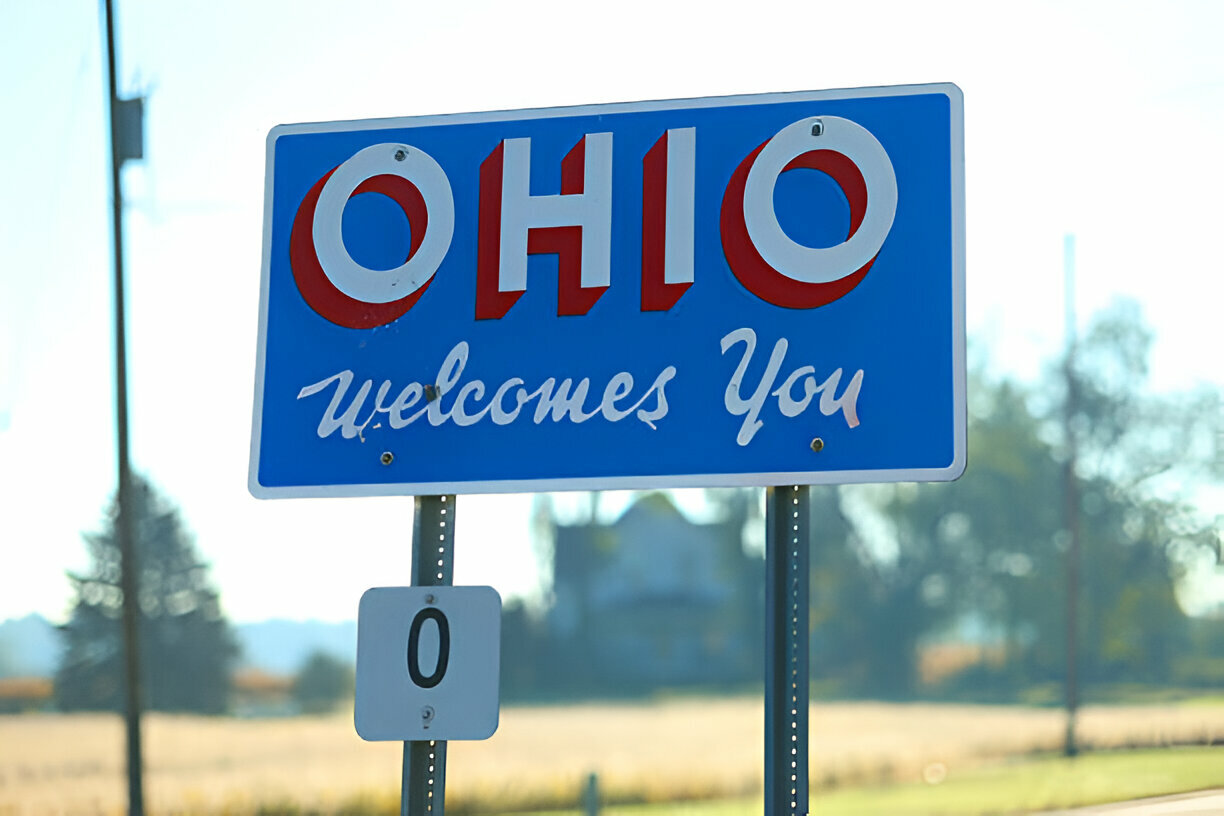One hundred fifty hours will no longer be required to obtain a CPA license in the state of Ohio after Gov. Mike DeWine signed legislation on Jan. 8 that provides alternate pathways for accountants pursuing the credential.
Effective Jan. 1, 2026, two pathways to CPA licensure will be available:
- A bachelor’s degree, completing the required accounting concentration of coursework, two years of experience, and passing the CPA exam.
- A master’s degree, completing the required accounting concentration of coursework, one year of experience, and passing the CPA exam.
The current 150-credit-hour rule will continue to remain an option.
The changes, which were introduced in House Bill 238, also improve existing interstate mobility laws, according to the Ohio Society of CPAs (OSCPA), which backed the legislation. Effective in 90 days, qualified CPAs from out of state can work in Ohio, which the OSCPA says improves mobility “by evaluating candidates on their individual professional status rather than what state they are licensed in.”
According to the bill, an individual whose principal place of business isn’t in the state of Ohio “shall have all of the privileges of a holder of a CPA certificate and an Ohio permit without the need to obtain a CPA certificate and an Ohio permit” if all of the following apply:
- Holds a valid CPA license in their home state;
- Has obtained a bachelor’s or higher degree;
- Has completed an educational program with an accounting concentration; and
- Has passed all parts of the CPA exam.
In a statement, the OSCPA said, “The new law addresses some big challenges the profession is now facing: the shrinking population of CPAs caused by retirements and too few new licensees and strengthening existing interstate mobility laws to protect current licensees in the future. For over a century, the Ohio Society of CPAs has stood as a steadfast advocate for excellence in the CPA profession, empowering thousands of licensees across our great state. Our latest legislative efforts are no exception. The proposals tackle real challenges head-on, paving the way for a stronger, more diverse CPA workforce while safeguarding the high standards that define Ohio’s CPAs. Ohio has forged a new path forward and the entire profession will benefit. We expect other states will follow our lead.”
There has been much debate in certain corners of the accounting profession about whether the 150-hour rule for CPA licensure has contributed to the pipeline of accountants drying up in recent years. Because CPA candidates must complete 150 semester credit hours of education—30 credits beyond the typical 120 credit hours earned in a four-year undergraduate degree—many CPAs end up spending five years in college instead of four.
States like Minnesota and Texas have laid out legislative proposals on alternate pathways for CPA licensure.
The AICPA, a staunch defender of the 150-hour rule during the leadership of Barry Melancon, who retired at the end of 2024 as the group’s chief executive after a nearly 30-year run, proposed last September a competency-based pathway option for licensure.
The proposal, which is also backed by the National Association of State Boards of Accountancy (NASBA), would replace the fifth year of education with a requirement for candidates to have one year of professional work experience at an accounting firm to demonstrate competency in 10 professional and technical areas. Attaining the competencies would take most candidates about a year but there is flexibility in the timing for completion, the AICPA said last September. Competencies would be verified in the workplace by licensed CPAs.

Under the proposal, CPA candidates would be required to earn a bachelor’s degree, complete the one year of general experience, and pass the CPA exam to receive licensure.
“The proposed pathway encompasses the perfect mix of flexibility for CPA candidates while maintaining rigor for public protection,” NASBA President and CEO Daniel Dustin said in September.
The public comment period on the competency-based experience pathway proposal concluded in early December. The AICPA and NASBA said they’re committed to making comments on their proposals public in early 2025, according to the Financial Times.
Thanks for reading CPA Practice Advisor!
Subscribe Already registered? Log In
Need more information? Read the FAQs




